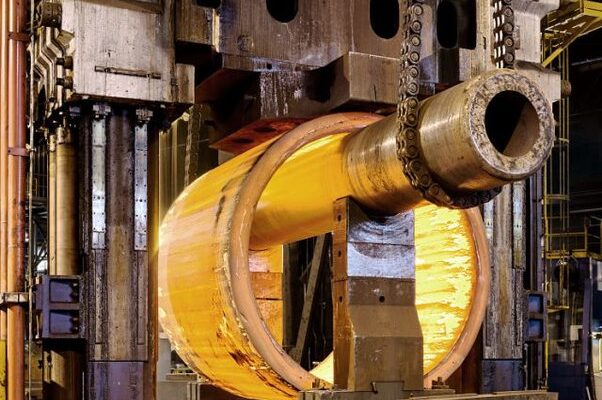ASME Standards Dictate Fabrication of Reactor Vessels

A common piece of equipment in many manufacturing plants and facilities in various industries, the pressure vessel is designed to contain liquids, gases, and vapors at a substantially high or (low) pressure level. Often part of a relatively simple lab-scale setting, high pressure reactors should be designed and constructed in a manner that adheres to industry standards. This is to ensure workplace safety due to the nature of the reactions that may occur in pilot reactors.
The ASME Standards
Standards are essential in relaying design requirements and relevant know-how and technology utilization in any industry.
When it comes to standardizing vessel manufacturing, the American Society of Mechanical Engineers (ASME) is the leading organization for pressure vessel standards. Founded in 1880, ASME is recognized in around 140 countries: If a company is an ASME pressure vessel manufacturer, then it means that they have met the stringent requirements stipulated by the ASME.
The ASME Boiler and Pressure Vessel Code (BPVC) is a globally acknowledged set of manufacturing standards that painstakingly details how boilers and pressure vessels should be made — from design and manufacturing to installation and maintenance. For instance, it dictates which materials should be used for lab scale high pressure reactors, and the careful precision in welding required for high quality pressure vessels.
The BPVC and the several other standards the ASME details are crafted by subject matter experts. One thing that sets the ASME apart is that they accept technically qualified stakeholders regardless of their citizenship or affiliation.
Prioritizing true consensus, their committees work independently from any political or commercial interests. The goal is to be instrumental in preserving fairness not just in trade and competition by also in innovation.
The ASME also acknowledges that technologies, the market, and other factors affecting pressure vessel manufacturing and application can change, they see that their code is continually revised to accommodate newer techniques.
Why Choose An ASME Pressure Vessel Manufacturer
If you need vessels for your hydrogen compressor systems or supercritical CO2 extraction equipment, choosing a manufacturer with ASME certification is important. This badge is considered a hallmark of a reputable fabricator. After all, ASME is known to carry out strict inspection procedures before it provides any certification to an applicant.
One of the most impactful benefits of teaming up with an ASME-certified manufacturer is the guarantee of the quality of the final output that you’ll receive. If your pressure vessels and boilers meet quality standards, then you can ensure that they will perform superior to those that were manufactured without these standards.
A corollary to quality is safety. Pressure vessels are inherently hazardous because of their nature: They’re meant to store substances at a pressure level different from ambient pressure. Over time, if they’re not maintained or constructed correctly in the first place, cracks and damage can appear. This will lead to leakage, which, in turn, can cause fires, poisonings, suffocations, and explosions. If their capacity is not properly calculated or followed, it can also cause them to shift weights and in close proximity.
By preventing accidents involving vessels and boilers, then you can protect your people and the immediate environment that they’re in. This boosts productivity, reduces costs (including insurance expenses), and improves your reputation — all things you need to get ahead of the competition.


